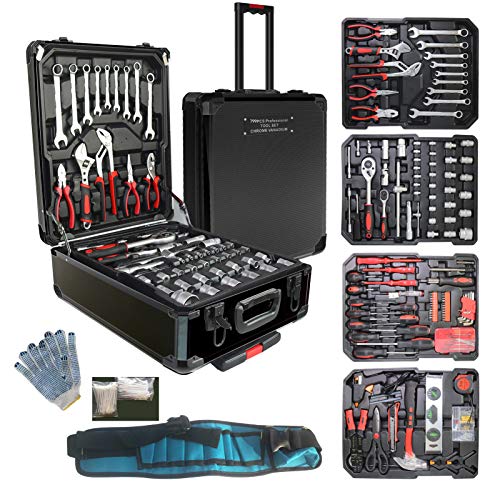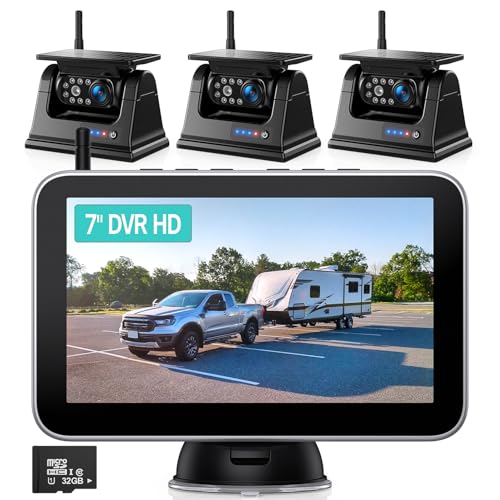debit.servus said:
Thanks everybody for their feedback, this is just an idea and a consideration for me now.
I do agree, Stopping is more important than going; to the point that it needs to be on "brake check area ahead" signs.
"STOPPING IS MORE IMPORTANT THAN GOING
BRAKE CHECK..."
I will definitely consider a high-performance truck Ballenxj.
I'd like to throw in a little bit of info, for anyone else that was of similar mind here. Keep in mind your vehicle weight, vs, your "what you're towing" weight. As a former wrecker driver, I can contest, that most rv / camper highway accidents, were due to towing too heavy, and or, towing vehicle, having a much too light curb weight. Even a newer pick-up, might pack plenty of punch, but if you don't have the weight to hold you on the road, whatever you are towing can pull you, right off the road.
I realize "weight" is a issue, with the fuel efficiency crowd, but as everything else, compromise goes a long way further, depending. Don't forget, tires, and balance, sync with the suspension, as to making up your over all mileage / fuel economy. Be sure your running the correct tire ratings, and shock / spring ratings, when figuring out what you can, and can't tow. The biggest problem I've found, with most cars and trucks since the 70's, gearing, is way, WAY off. Much to regain in fuel here too. For quick instance, in 1987, Ford made a short bed, 4x4 F250, with a 5.0L gas, an optional 5 speed mustang manual transmission, and rear end gearing, from the lincoln car family, 4.11 ratio, if I remember right. Curb weight I believe was 1,750lbs. Even on 33x15' tires, the truck was infamous for putting 270hp to the pavement, and with a sensible lead foot, getting 30 highway, 25-27 city wasn't fairy tale dreaming. just some food for thought, but aero-dynamics is mostly hope-ium, in contrast to real mechanical operations.












































































